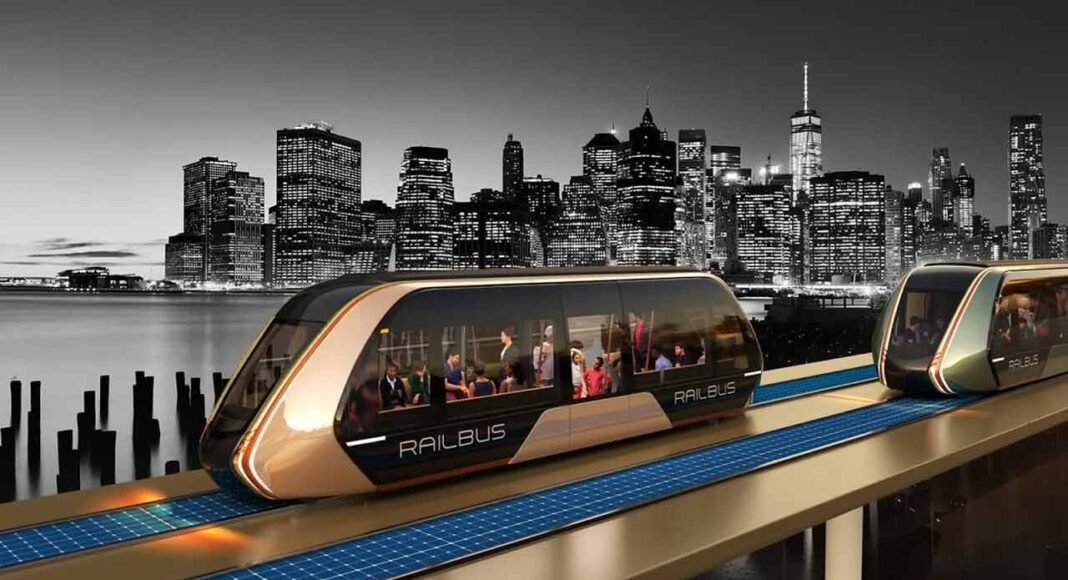Karachi, the largest city in Pakistan, faces significant challenges in its transportation infrastructure. With a population exceeding 16 million, the city’s public transport system is overburdened, leading to severe traffic congestion, pollution, and inefficiency. The introduction of a RAILBUS system presents a promising solution to these pressing issues, offering numerous benefits that can transform urban mobility in Karachi.

Addressing Traffic Congestion
One of the most critical issues in Karachi is traffic congestion. The city’s roads are often clogged with vehicles, leading to long commutes and reduced productivity. The RAILBUS, a hybrid between a traditional bus and a train, operates on dedicated tracks, ensuring a smooth flow of traffic independent of road conditions. This system can significantly alleviate congestion by providing a reliable and efficient alternative to private car usage.

Environmental Benefits
Karachi suffers from high levels of air pollution, primarily due to vehicle emissions. The RAILBUS system, typically powered by electricity or other sustainable energy sources, can reduce the reliance on fossil fuels. By decreasing the number of conventional buses and cars on the road, the RAILBUS can contribute to lower carbon emissions and improved air quality, promoting a healthier environment for the city’s residents.

Cost-Effective Transportation
The RAILBUS offers a cost-effective solution for public transportation. It combines the infrastructure of railways with the flexibility of buses, allowing for lower construction and operational costs compared to traditional rail systems. For Karachi, which faces financial constraints, this hybrid system can provide a more affordable option to upgrade the public transport network without the heavy investments required for metro or tram systems.

Enhancing Connectivity
Karachi is a sprawling metropolis with diverse and densely populated neighborhoods. The RAILBUS can enhance connectivity by linking various parts of the city through a network of routes that are easily accessible to the public. This improved connectivity can lead to more equitable access to jobs, education, and services, fostering economic growth and social inclusion.

Reducing Commute Times
A significant advantage of the RAILBUS system is its potential to reduce commute times. With dedicated tracks and fewer stops compared to conventional buses, the RAILBUS can offer faster and more predictable travel times. This efficiency not only benefits daily commuters but also encourages more people to use public transportation, further reducing the number of vehicles on the road.

Promoting Sustainable Urban Development
The introduction of the RAILBUS system aligns with the goals of sustainable urban development. By integrating modern, efficient, and environmentally friendly public transport, Karachi can move towards a more sustainable urban future. The system can help shape urban growth patterns, promoting higher-density developments along transit corridors, and reducing urban sprawl.

Boosting the Local Economy
The construction and operation of the RAILBUS system can stimulate the local economy by creating jobs and fostering economic activity. From the initial phases of construction to the ongoing operation and maintenance, the RAILBUS project can provide employment opportunities and stimulate the growth of related industries, contributing to the overall economic development of Karachi.



